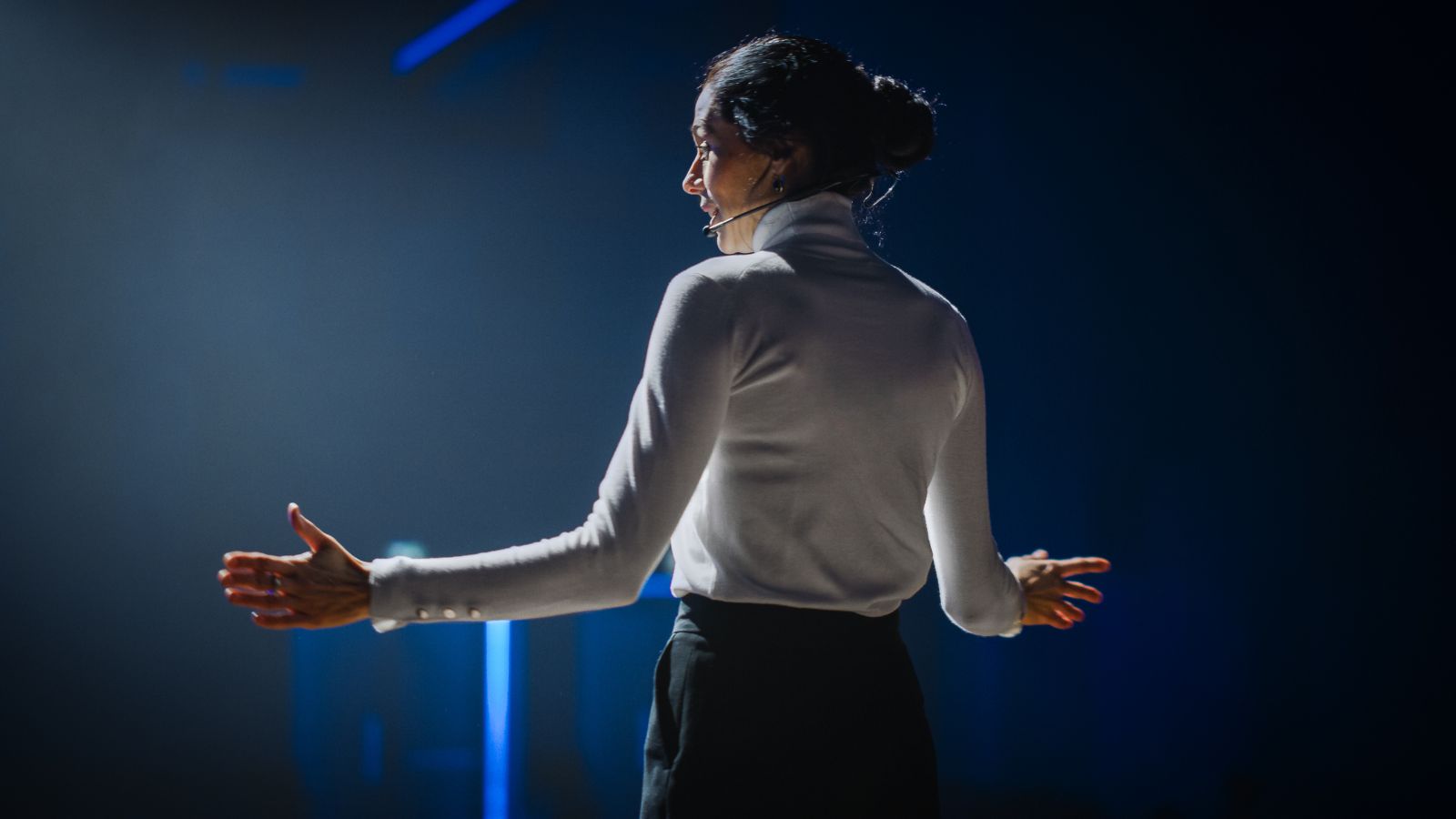These days, we older folk often get the impression that millennials are obsessed with being “woke,” and it drives us crazy. However, believe it or not, many millennials are starting to see the light, and they’re joining our side. If you don’t believe us, this list details many ways in which British millennials are finally turning their back on “wokeness.”
Questioning Political Correctness

At long last, millennials are becoming increasingly skeptical of the rigid standards of political correctness, such as those laid out by Yahoo News UK. Rather than adhering to the expectations set by others, they prioritize authenticity in their interactions. As we boomers already know, this shift allows for more open and honest communication, where ideas are challenged and discussed freely without the fear of immediate backlash or censorship.
Resisting Cancel Culture

Any boomer will shudder when they hear the words “cancel culture,” but thankfully, this toxic part of Gen Z life is finally being met with resistance by millennials. They’re beginning to recognize that silencing individuals or punishing them for past mistakes doesn’t contribute to meaningful change. Instead, there’s a growing preference for dialogue and education over outright rejection or public shaming.
Prioritizing Mental Health Over Ideology

Mental health is a priority for many millennials, often taking precedence over ideological battles. This generation is more likely to disengage from overly politicized or stressful situations in favor of protecting their well-being. They understand that constant exposure to divisive issues can be harmful, so they choose to focus on self-care and balance instead. Frankly, we boomers should probably take a leaf out of their book instead of getting so riled up all the time.
Supporting Free Speech

In line with their vengeance against cancel culture, millennials now understand the importance of free speech. They’re championing their right to express differing opinions, even those that are controversial or unpopular. This generation recognizes that open dialogue is essential for progress and that stifling dissent can lead to a more polarized and less tolerant society, although not all of them think the same.
Rejecting Virtue Signaling

Just like cancel culture, virtue signaling is another common buzzword these days that riles up boomers and millennials alike. It’s increasingly being seen as superficial and insincere; instead of making public displays of morality or political correctness, they prefer genuine action and meaningful contributions. This shift reflects a desire for authenticity, where actions speak louder than words, and empty gestures are quickly called out.
Seeking Authentic Diversity

A lot of millennials are pushing back against tokenism and superficial diversity initiatives, something that is all too common to find in modern workplaces. They value genuine diversity that goes beyond appearance or background, emphasizing a deeper understanding and appreciation of different cultures, experiences, and viewpoints. This approach encourages more meaningful inclusion and integration rather than just meeting quotas or ticking boxes.
Valuing Personal Responsibility

Another way in which millennials are turning their backs on UK wokeness is how personal responsibility is becoming more important in their eyes. Rather than relying on societal structures to dictate their actions, they emphasize accountability and self-reliance. This mindset challenges the victimhood narrative and empowers individuals to take control of their own lives, decisions, and outcomes.
Redefining Feminism

Back when it was first formed, feminism was something that any modern person could get by. However, over time, it lost its way, so millennials are not bringing the focus back to equality for all genders rather than just women’s issues. We can all agree that this is far more fair.
Challenging Groupthink

While you might have never heard of the term, you’ve no doubt encountered “groupthink,” which is increasingly being rejected by millennials who value independent thought. Rather than conforming to popular opinions or movements, they are more inclined to form their own views based on personal experiences and research. Ultimately, they’ve finally stopped being sheep.
Celebrating Individual Achievement

Millennials are also placing a renewed emphasis on individual achievement rather than collective success. They believe in recognizing personal accomplishments and the hard work that goes into achieving goals. This focus on individual merit challenges the narrative that success should be equally distributed, regardless of effort or contribution.
Reclaiming Humor

It’s about time that humor is being reclaimed by millennials. They’re tired of the restrictions placed on comedy by political correctness, as they appreciate the role that humor plays in highlighting absurdities and challenging societal norms. By welcoming comedy that pushes boundaries with open arms, they resist the idea that everything should be taken so seriously.
Advocating for Rational Debate

Another important step millennials are taking is to bring back rational debate, who are now becoming weary of emotional arguments that lack substance. They value logical reasoning and evidence-based discussions over emotional appeals or rhetoric. This approach reflects a desire for more productive and informed conversations that can actually lead to real solutions.
Focusing on Economic Issues

Economic issues are taking precedence over cultural debates for many millennials. They are more concerned with financial stability, housing affordability, and career prospects than with identity politics or social justice issues. At the end of the day, our survival and financial longevity must take priority over such nonsense.
Disengaging from Outrage Culture

Everyone knows that these days, the kids are way too easily outraged or “offended.” However, this is now losing its appeal among millennials, who recognize how exhausting and often unproductive it is. They are increasingly choosing to disengage from constant online outrage and moral posturing, instead focussing on things that really matter in life.
Rejecting Identity Politics

Nowadays, identity politics is being questioned by millennials, who prefer to see people as individuals rather than as representatives of a particular group. This perspective encourages a more inclusive and less divisive approach to social issues, where commonalities are emphasized over differences, and individuals are judged by their character, not their labels.
Promoting Open-Mindedness

Something that the older generation could learn from millennials is that open-mindedness is far more valuable than the brainwashing echo chambers that we see on social media and news platforms every day. They’re seeking out diverse opinions and are willing to engage with ideas that challenge their own beliefs, and let’s be real–we boomers really need to work on that.
Encouraging Civil Discourse

Another part of wokeness that is disappearing for millennials is their adversity to civil discourse. In fact, civil discourse is making a comeback among millennials who are disillusioned with the hostility often found in public debates. They prioritize respectful conversations where differing opinions can be discussed without resorting to personal attacks or insults.
Prioritizing Local Issues

Instead of focusing so heavily on fixing the entire work, local issues are now taking center stage for millennials. This shift reflects a more pragmatic approach to activism, where real change is sought at the grassroots level, addressing tangible needs and fostering stronger local connections.
Embracing Realism Over Idealism

Finally, you might have noticed that realism is gaining ground over idealism among millennials. At long last, they’re starting to recognize the complexities of the world and are less likely to engage in utopian thinking. This shift encourages practical solutions and a more grounded approach to effecting change in society instead of tirelessly attempting to fix all the problems of the world.

